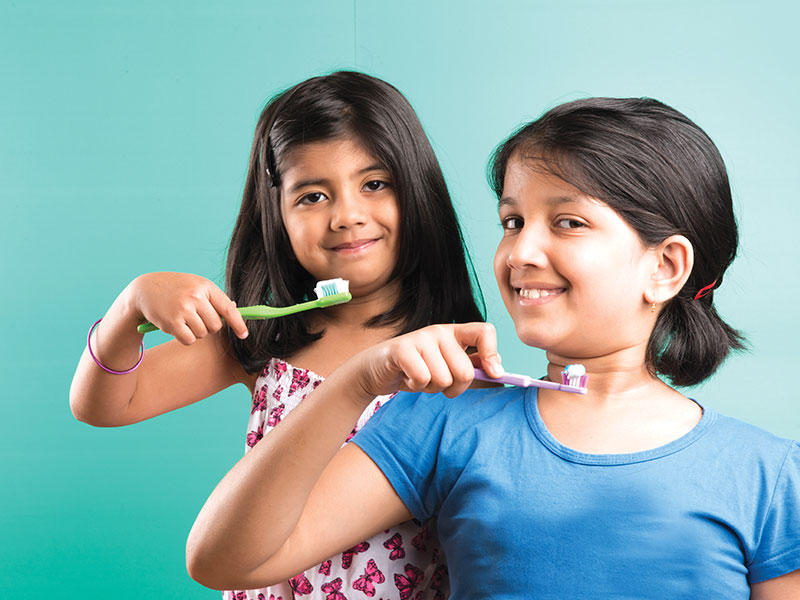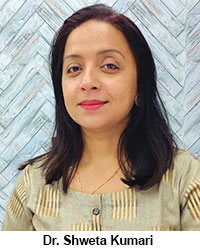
 – Dr. Shweta Kumari is a senior periodontist and implantologist in The Dental Office, Bengaluru
– Dr. Shweta Kumari is a senior periodontist and implantologist in The Dental Office, Bengaluru
My 15-year-old son grinds his teeth while sleeping. This is a new phenomenon which my husband and I noticed recently, post the Covid-19 lockdown. To the best of our knowledge, he doesn’t have any major sleeping problems, or feelings of anger and stress. What is the cause and what’s the solution to this problem?
— Sreemathi Kirupa, Coimbatore
Teeth grinding and jaws clenching is known as bruxism. Occasional bruxism doesn’t cause harm, but if it happens on a regular basis, it can cause wear and tear of tooth enamel, chipped teeth, jaw pain and tooth sensitivity. Stress is a major contributing factor for bruxism, so investigate and address the problem.
Sometimes, irregular alignment of teeth or crooked teeth can also be a cause. Usually this problem resolves itself. But if it persists, consult a dentist and discuss the possibility of getting a night guard moulded as per your child’s teeth alignment.
My daughter suffers bad breath. She is 13 and is also developing acne. Is there a connection between hormonal changes during adolescence and bad breath? She brushes her teeth twice a day. Please advise if she needs to drink more water and change her diet?
— Kavitha G, Bengaluru
Bad breath, or halitosis, is triggered by several factors — poor dental hygiene, mouth infections, and dry mouth (especially among those who sleep with the mouth open). Often, food trapped in the mouth causes bad breath. Therefore rinsing the mouth and brushing teeth after every meal is important. Hormonal changes also affect oral health. I recommend that you get an oral prophylaxis done to investigate both intraoral and extraoral causes. Re your query about dietary changes, it would help to include more foods containing fibre and less sticky and sugary food, and increase consumption of water. However if the problem persists even after improving oral hygiene, consult a dentist.
My eight-year-old daughter’s milk teeth have not yet fallen out. Should we have them extracted or is this normal?
— Jolly James, Cochin
By the age of eight, four central incisors fall normally. It happens before the eruption of permanent teeth, but in some children it may happen later than others. Take an x-ray to correctly ascertain the position of the permanent teeth below milk teeth. If there is a problem, your dentist will provide remedial treatment.
My children, a nine-year old boy and eleven-year old girl, often choose colourfully packaged toothpastes from supermarket shelves. But I believe these flashily advertised toothpastes may not be the best for dental health. What should we look for when buying toothpaste for children?
— Reena Varma, Mumbai
Children should use toothpastes which contain fluoride as it prevents cavities. Fluoride, in correct doses, is safe for children. Children above three years should use a pea-sized amount of toothpaste and should be strongly advised not to swallow toothpaste by mistake (or on purpose.) It’s also important to teach children the correct way of brushing while ensuring they brush 2-3 times per day.























